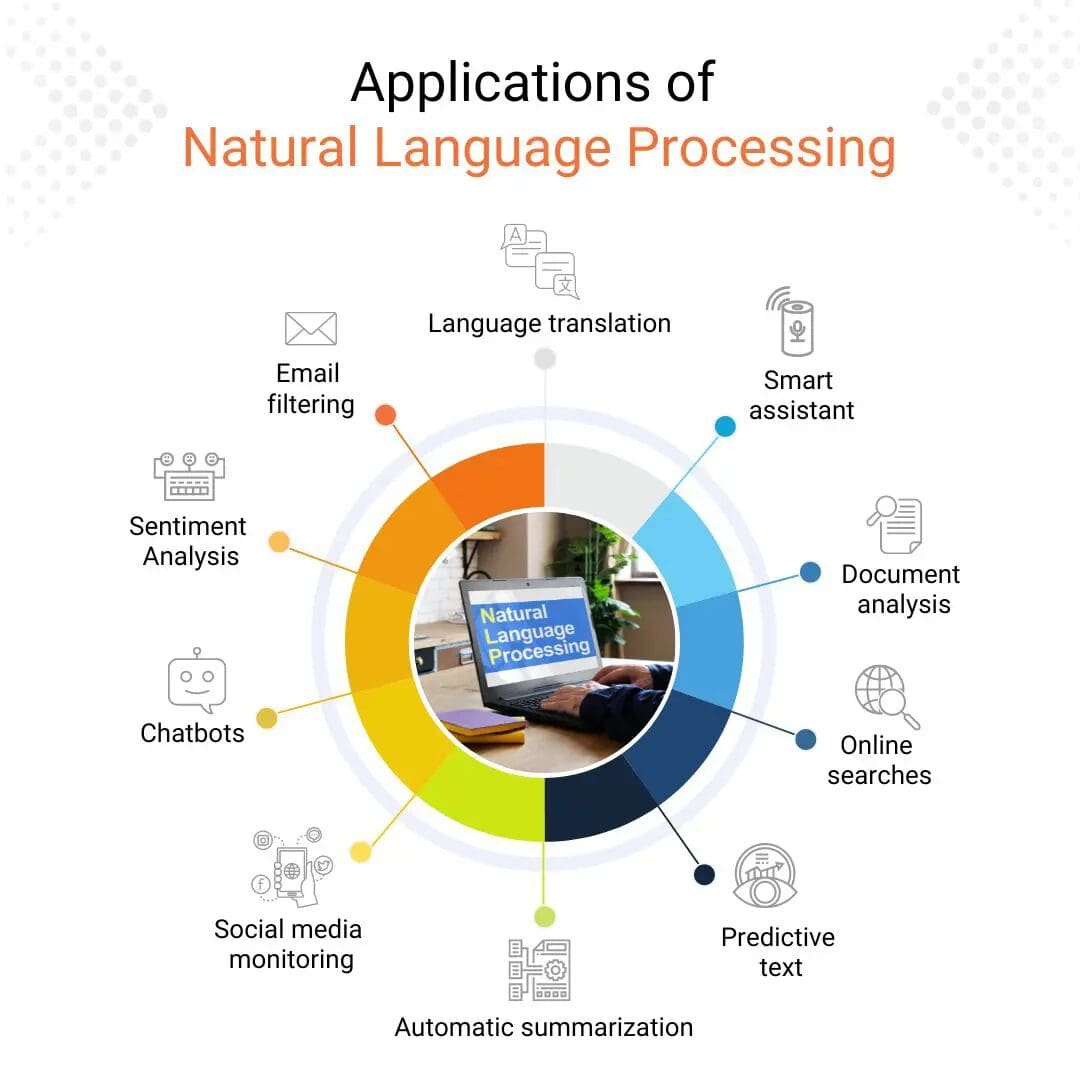5 Machine Learning Skills Every Machine Learning Engineer Should Know in 2023
Most essential skills are programming, data preparation, statistical analysis, deep learning, and natural language processing.

Photo by olia danilevich
2022 saw more people embrace AI. Most notably, text-to-image models (AI art) became extremely popular. Search engines were swapped for sophisticated chatbots such as ChatGPT. With open-source alternatives such as PaLM + RLHF on the horizon, AI and machine learning will become more accessible to neophyte developers. However, becoming a true machine learning engineer requires more skill than just scripting or coding. It’s currently one of the most in-demand tech jobs in the world.
As such, more people are beginning to consider it as a potential career path. However, with machine learning and AI evolving so rapidly, it can be hard for even the most seasoned machine learning engineer to remain up-to-date with the latest practices. So what skills do you need to become a machine learning engineer or improve as one in 2023? This guide will answer these questions.
What is a Machine Learning Engineer?
So what’s the difference between machine learning engineers and software developers or engineers? Ultimately, there is no difference. Machine learning engineers are the next evolution of software developers.
They are highly skilled programmers who specialize in writing algorithms that facilitate software and machine automation. Fundamentally, if you’re passionate about programming or already are a software developer, you’re already on your way to becoming a machine learning engineer. But what are the perks? Why not remain a traditional software or web developer?
Leveling up into a machine learning engineer can help you beef up your work portfolio and open you up to greater employment opportunities and allow you to actively participate in the advancement of AI and the Symbiotic Web. It’s an extremely fulfilling career. You don’t have to go the employment route either, as you can still work with individual clients on a freelance basis. But what skills will take you to the next level?
1. Deep Learning
Deep learning is a subset of machine learning that has become essential due to its ability to analyze and interpret vast amounts of data. It utilizes artificial neural networks that are inspired by the structure of the human brain and function to detect patterns in data and learn from them to make accurate predictions.
One of the major applications of deep learning is in computer vision, where it is used to analyze and classify images and videos. For example, it can be used to recognize faces, identify objects in images, and detect anomalies in medical images.
Deep learning is also used in natural language processing to analyze and interpret human language. This includes tasks such as sentiment analysis, machine translation, and language modeling. Additionally, deep learning is used in speech recognition to transcribe spoken language and recognize speech patterns.
As a machine learning engineer, it’s important to have a good understanding of deep learning and be proficient in using deep learning tools and libraries such as TensorFlow, Keras, and PyTorch.
2. Natural Language Processing
Natural Language Processing (NLP) is a subfield of artificial intelligence that focuses on the interaction between computers and human language. NLP aims to enable machines to understand, interpret, and generate human language, including written text and spoken words. It involves developing algorithms and models that can analyze language data and extract meaning from it.

Image from datasciencedojo
NLP is important in machine learning because it enables machines to communicate with humans in a natural way. This is particularly important as more and more applications that require interaction between humans and machines are developed. Without NLP, these interactions would be limited to simple commands or responses, which would significantly reduce their usefulness and potential impact.
3. Statistical Analysis
Statistical analysis is the process of collecting, analyzing, and interpreting data to gain insights and make informed decisions. Statistical analysis is a critical skill in machine learning because it provides the mathematical foundation for many machine learning algorithms. Statistical analysis is used to identify patterns in data, test hypotheses, and make predictions.
Some of the key tools and libraries used in statistical analysis include R, Python, SAS, and SPSS. It is important to understand these tools and languages well to become proficient in statistical analysis.
4. Data Preparation
Data preparation is the process of collecting, cleaning, and organizing data before using it to train a machine learning model. This is a crucial step in the machine learning pipeline because the quality of the data used to train a model significantly impacts the accuracy of its predictions. Poor quality data leads to incorrect or unreliable predictions, whereas high-quality data helps create more accurate models.
Data preparation involves tasks such as data cleaning, data transformation, feature engineering, and data integration.
Some of the key tools and libraries used in data preparation include pandas, NumPy, and scikit-learn in Python, as well as dplyr and tidyr in R. It is important to have a good understanding of these tools and libraries, as well as programming languages such as Python and R, to become proficient in data preparation.

Image from Pexels
Additionally, it is important to have a good understanding of statistical concepts such as probability and hypothesis testing, as well as knowledge of database systems and SQL.
5. Programming
Programming is an essential skill for machine learning engineers because it is the primary tool used to create and train machine learning models. Programming languages such as Python, R, and Java are commonly used in machine learning because of their ease of use and the availability of machine learning libraries and frameworks.
One of the best ways to gain programming skills is to practice and work on machine learning projects. This provides hands-on experience in applying programming concepts to real-world problems. Working on machine learning projects also provides the opportunity to learn from other developers and collaborate with them.
Some key programming concepts you should learn as a machine engineer include data structures, algorithms, object-oriented programming, and software development principles such as version control, debugging, and testing.
Additional Tips
Becoming a machine learning engineer is a multi-faceted career and takes considerable time and effort. Thus, you must approach learning and dividing your time pragmatically. Being able to do this is a skill in itself. Albeit, there are a few skills you should not waste too much time honing.
For instance, some sources may tell you that you absolutely need applied mathematics in your skill set to become an effective ML engineer. This is untrue. There is very little mathematics involved in modern applied machine learning. However, it may still be a great skill to have. It can teach you how to approach problems methodically and logically. However, hard applied Math(s) is mostly unnecessary.
Additionally, you shouldn’t waste your time honing your modeling skills either. Much of machine learning modeling has been democratized. As such, many of the models you’ll need are available and automated. However, you must be able to identify the best model to use for a given problem. Ultimately, modeling is a solved problem and it’s one of the easiest parts of an ML engineer’s job.
Get Certified
If you plan to seek employment as a machine learning engineer, you must ensure that you’re suitably certified. Most companies require a Bachelor’s degree in computer science or related fields such as Applied Mathematics and Physics.
Almost ironically, many recruiters use automation and machine learning to identify the best candidates for positions. Again, if your goal is to become employed, you must secure as many job interviews as possible.
One of the criteria that these recruitment tools look out for is certification. In some cases, it doesn’t even matter where the certification is from. As long as you have it on your resume. The certification should be tied to the skills that are included in the above guide. Thus, you should have specialized certification for all the programming languages, applied statistics for machine learning, how to use machine learning libraries, etc.
Build A Public Repository
As you wait for responses In regards to your job applications, you should consider opening a public GitHub repository filled with your own personal machine-learning projects. This repository should be maintained well and have regular commits to it. You can also include it on your resume, allowing potential employees to see samples of your work.
Conclusion
As with most tech positions, machine learning engineers must be willing life-long students and learners. You must be up to date on the latest frameworks, technology, and practices. Patience, resilience, and being open to learning are good skills to hone as an ML engineer. It’s hard work and it takes time but the journey is fulfilling. Good software developers and machine learning engineers seldom find themselves on the unemployment line for long. The above guide explores 5 machine-learning skills every machine-learning engineer should know in 2023. Bookmark it and revisit it anytime you feel lost and want to improve as an ML engineer.
Nahla Davies is a software developer and tech writer. Before devoting her work full time to technical writing, she managed — among other intriguing things — to serve as a lead programmer at an Inc. 5,000 experiential branding organization whose clients include Samsung, Time Warner, Netflix, and Sony.
